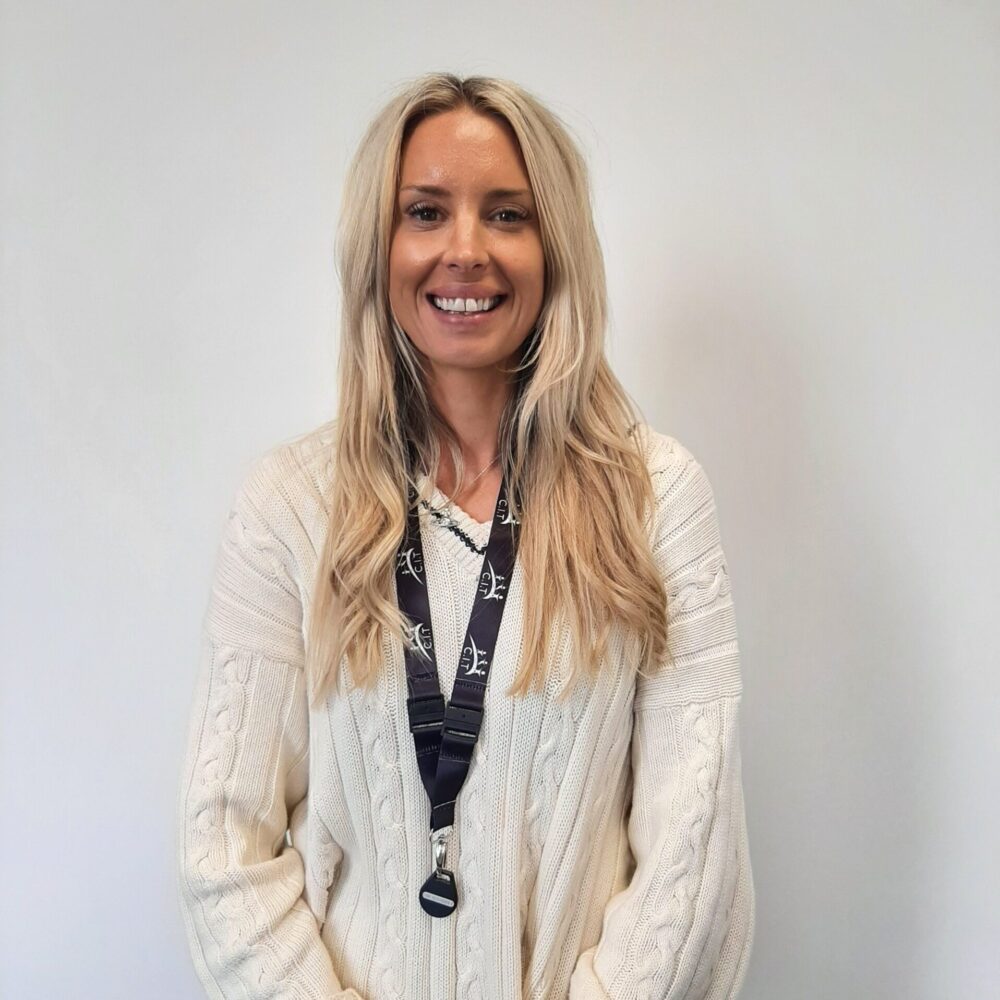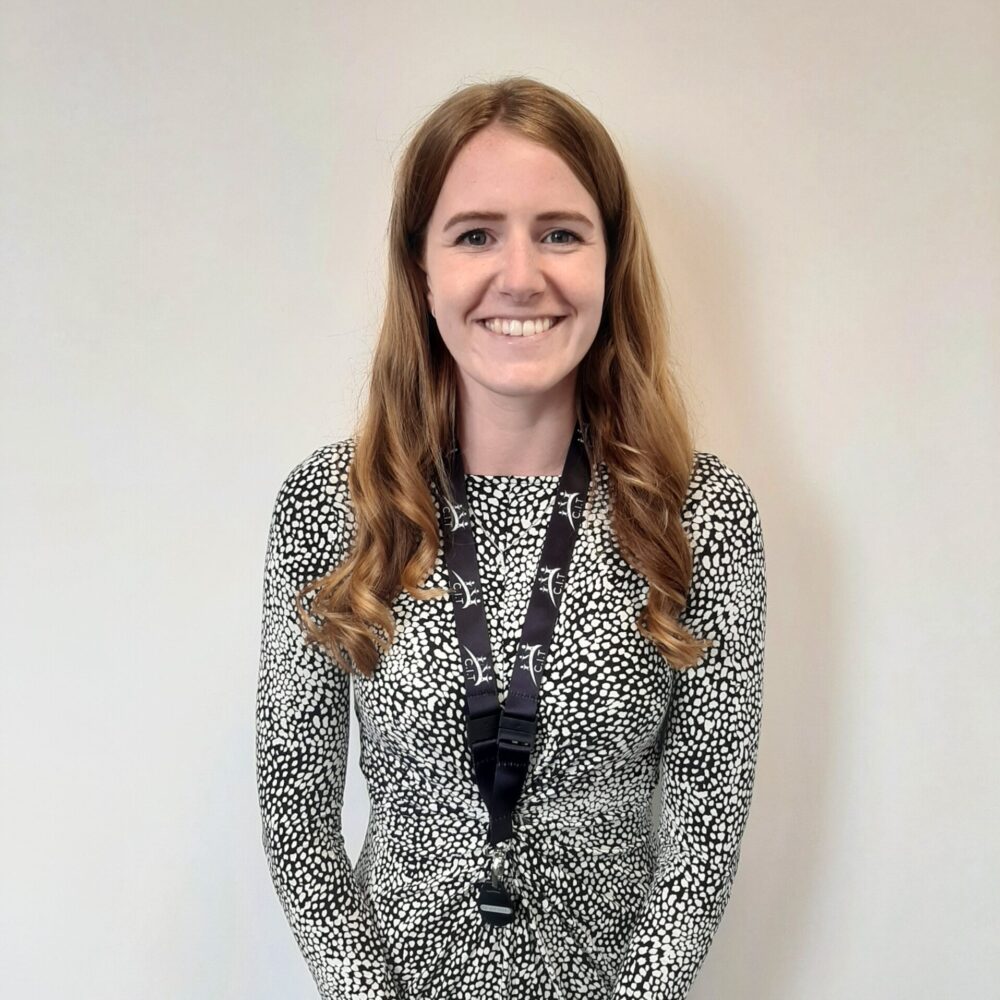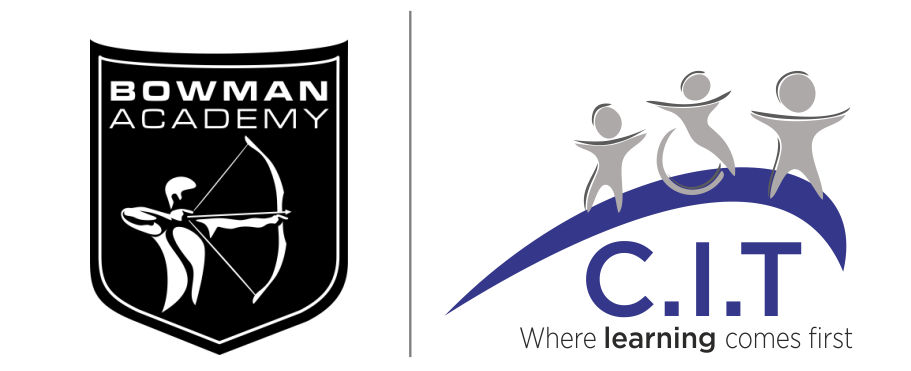Bowman Academy recognise that all adults have a full and active part to play in protecting our pupils from harm, and that the child’s welfare is our paramount concern.
We endeavour to provide a caring, positive, safe and stimulating environment that promotes the social, physical and moral development of the individual child.
All members of staff receive safeguarding training and adhere to the legal duties outlined in Keeping Children Safe in Education 2024 which can be accessed here.
To view our Safeguarding Policy, please click the button below:
Our Designated Safeguarding Leads:

Lizzie Papworth
Designated Safeguarding Lead
Toby Ellis
Deputy Designated Safeguarding Lead
Lucy Ebdon
Deputy Designated Safeguarding Lead
Amy Large
Deputy Designated Safeguarding Lead
Ashley Caress
Deputy Designated Safeguarding LeadTo contact Lizzie Papworth please call: 07436 336736
To contact Toby Ellis please call: 07748 492467
To contact Lucy Ebdon please call: 01509 363063
To contact Amy Large please call: 01509 363063
To contact Ashley Caress please call: 07725 595377
Our Safeguarding Governor is Kate Cook, please contact her via the clerk
In the event of any of the above being unavailable, please contact CIT Safeguarding Lead Becky Jackson on 07810 357306, Designated Safeguarding Trustee, Dr Julia Lindley-Baker on 03300 585 520 or via the clerk: ana.hendrickson@citacademies.co.uk
Please scroll to the foot of this page for useful links.
The School will ensure:
• Children’s welfare is paramount to all practice
• All concerns raised are dealt with sensitively, effectively and promptly following the correct procedures
• That all staff read and adhere to the school’s Child Protection policy and Keeping Children Safe in Education 2024
• That all staff are clear of how to follow safeguarding procedures
• The whole school will receive annual Safeguarding Training
• That safer recruitment practices, which ensure appropriate checks are in place and adhered to.
Safeguarding in the curriculum
We are committed to giving our pupils the tools and knowledge that is required to keep themselves and each other safe from harm. Children are taught about safeguarding in school.
The following areas are among those addressed in PSHE and in the wider curriculum:
• Bullying including cyberbullying
• Drugs, alcohol and substance abuse (including awareness of County Lines and the criminal exploitation of children where appropriate.
• Online safety
• The danger of meeting up with strangers
• Fire and water safety
• Road Safety
• Domestic abuse
• Healthy relationships and consent
• (So called) Honour based violence issues (HBV) e.g. forced marriage, female genital mutilation (FGM) (see appendices 1 and 2)
• Sexual exploitation of children (CSE)
• Child criminal exploitation (including cybercrime)
• Preventing extremism and radicalisation
Useful Links
Follow the links below for additional supporting resources and information:
